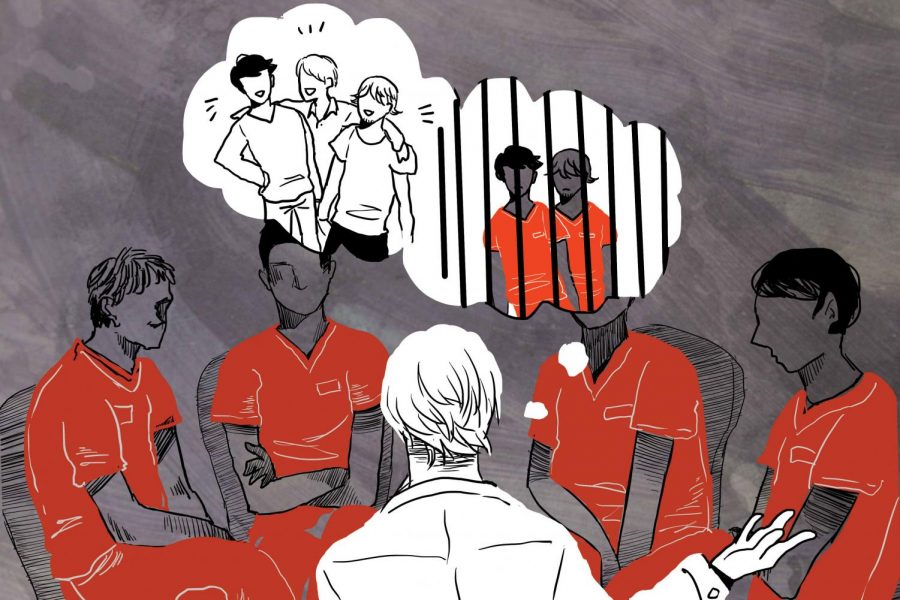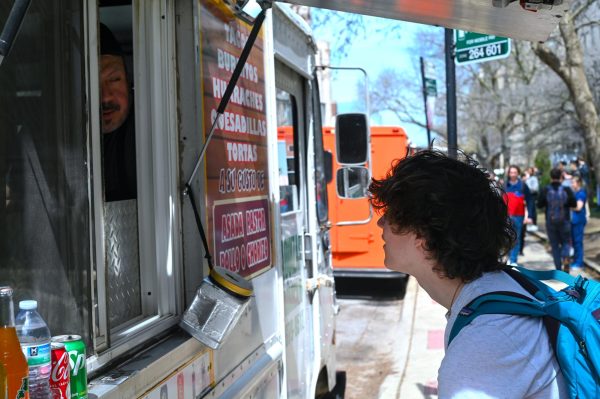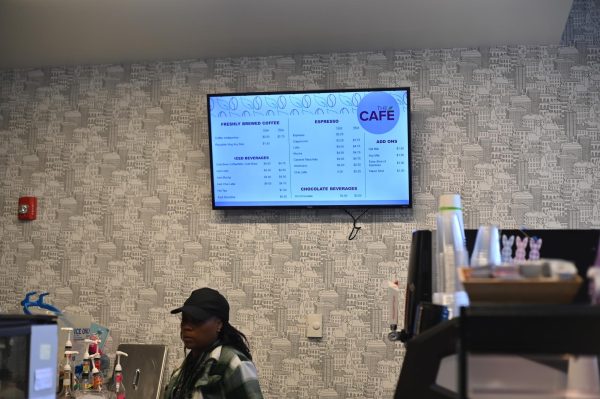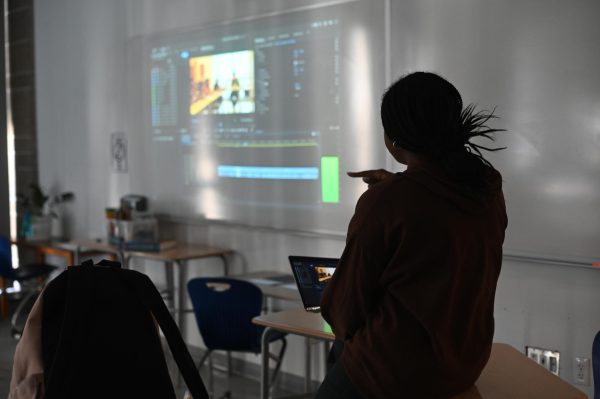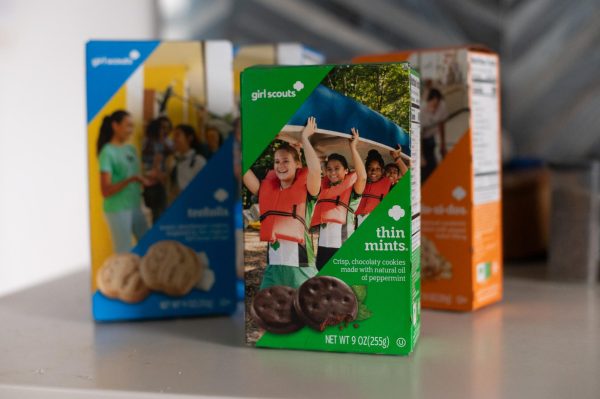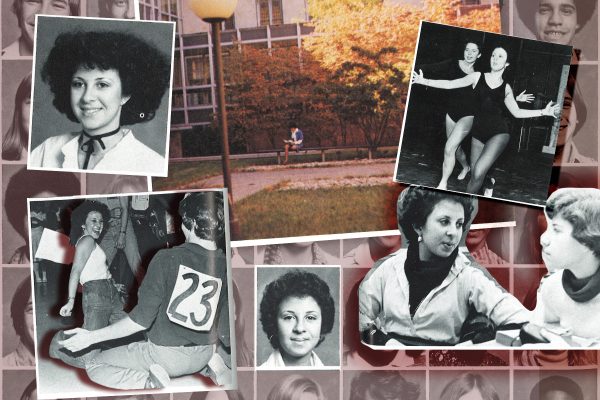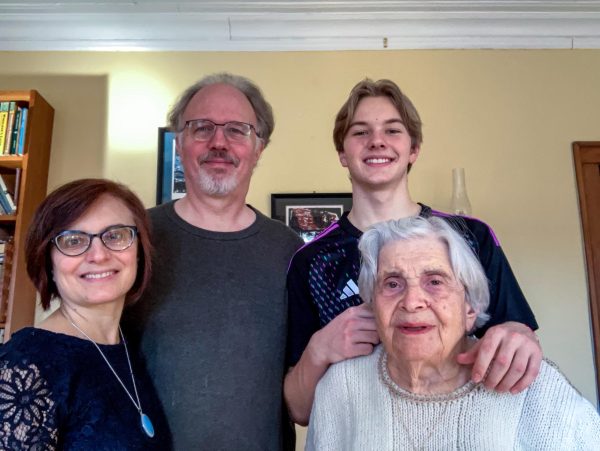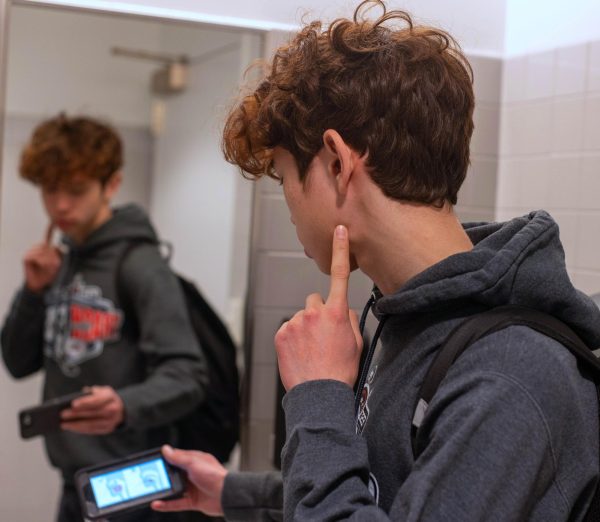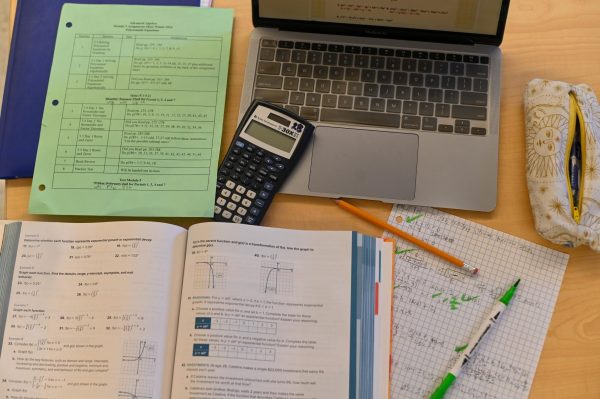Inspiring Inmates: Spurred by friends and family, Lab staff work with prisoners
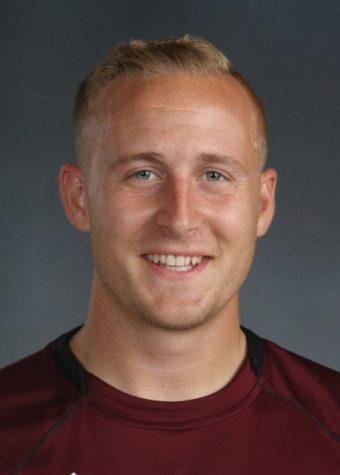
“In jail, it can be two things: It can either be a junkyard or it could be like an auto body shop,” Joshua Potter, who volunteers with incarcerated individuals, said. “When you go to the autobody shop, you might not have your car for three or four days, but at the end of it, you know when you come out of there, that you will be tuned up, you’ll probably have a new set of tires, everything will be working perfectly. Or, you could treat it like it’s a junkyard and just go sit and sulk and rot away.”
Mr. Potter, a P.E. teacher, is one of several Lab adults who volunteer regularly with incarcerated individuals or their families. He works with River Valley juvenile detention center and the Cook County Jail through Chicagoland Prison Outreach.
Hope and support are the main driving factors that push Mr. Potter, and other faculty and staff here at Lab to volunteer with inmates, as well as with families whose relatives are incarcerated.
You get a chance to really hear their stories. Because they want someone to listen and hear their stories, then you see why they may be in the predicament they are in, because of their environment and because of the choices that they made
— Elaine Robison
Mr. Potter first began volunteering with inmates to try and get in contact with one of his high school friends 10 years ago, who was incarcerated at the time.
“So I finally got in there and once I started to reach in and started to get him to understand that you are not worthless,” Mr. Potter said, reminding his friend that his friend could still have an impact after serving his sentence “He started to partner with the inmates as well and started to bring them to our sessions, and I started to ask people from my church and my community, ‘Would you want to help out with this?’”
Similar to the hope Mr. Potter gives to inmates about the opportunity to change, high school secretary Elaine Robison aims to help inmates. She provided hygiene products to 350 female inmates at Cook County Jail through an organization she founded.
Ms. Robison started Natalie Ford Women Behind Bars last year in honor of her late daughter who had been in prison. The organization raised money to send hygiene products to the prison by hosting a service with choirs, testimonies where attendees could donate.
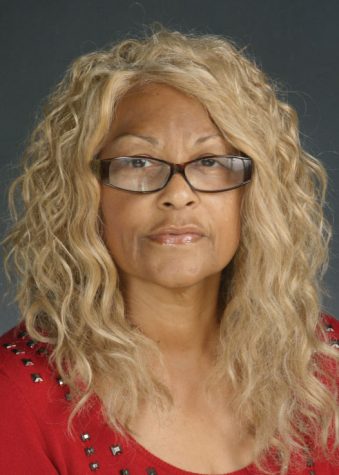
“Even some of the teachers here gave towards the program,” Ms. Robison said.
She said most people take for granted the ability to buy everyday products. But incarcerated people do not have many options.
“It’s easy for me to go to the store and buy a bar of soap,” Ms. Robison said, “But in there, if they don’t have money to purchase things, they have to use whatever the guards give to them, and that’s not good all the time. It’s a whole different world in there.”
Mr. Potter’s group typically opens the sessions with ice-breaking activities like a game of scavenger hunt, dodgeball, or basketball followed by small group meetings where volunteers connect, and talk to the inmates. Ms. Robison and her group also talk to inmates, sing songs with them and pray with them.
“You get a chance to really hear their stories,” Ms. Robison said. “Because they just want someone to listen and hear their stories, then you see why they may be in the predicament they are in, some because of their environment and others because of the choices that they made.”
The inmates aren’t the only ones who need support. Families of those incarcerated also find comfort in volunteers spending time with them, letting them know they aren’t alone.
P.E. teacher Deborah Ribbens volunteers with the families whose relatives are incarcerated. Mrs. Ribbens explained that service has been instilled in her since she was a child, saying that the world is divided into the “haves” and the “have nots.”
“So a lot given to you, a lot should be expected, and I think sometimes we don’t understand that,” Mrs. Ribbens said, “That we have a whole world that we are responsible for.”
For Mrs. Ribbens and her husband, Athletic Director David Ribbens, volunteering with the families means giving support and a friend to spend time with them.
“We’ve taken them out for dinner, we’ve done things so that they feel like they’re not alone, like they have someone they feel they can reach out to,” Mrs. Ribbens said. “It doesn’t matter what culture they are because we’re all there to help each other and that’s what it’s supposed to be about.”



